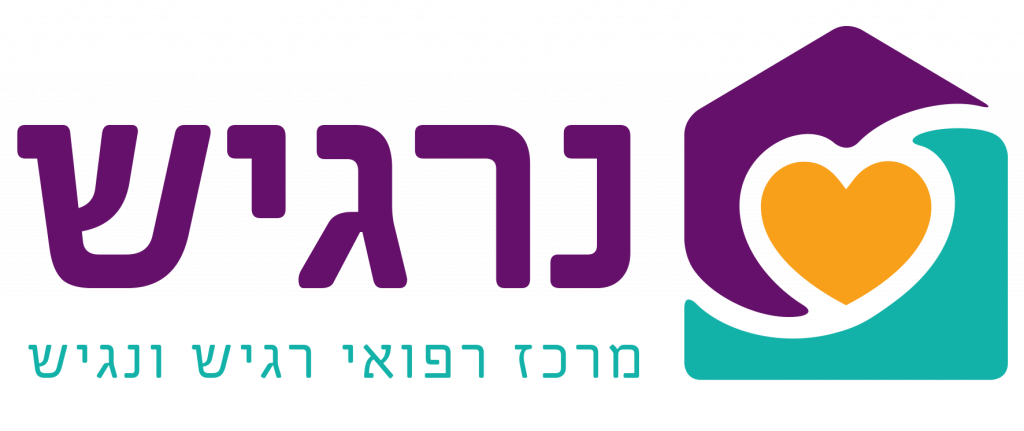Today, “Long Covid” is a common term according to all medical professionals. This term was born in light of the direct impression of competent authorities who treated those affected by the coronavirus pandemic and those around them. In fact, even if a person or a family member did not contract the coronavirus, this does not mean that they are exempt from the symptoms of the damage, known today in the professional term “Long Covid”.
When it comes to a position in the security forces, IPS and firefighters, emotional stressors, emotional stress and burnout are just a matter of routine, and some might say, a natural part of the quality of their work, at non-routine hours. Some workers even share that they frequently suffer from back pain, irritability and headaches. Some workers report involvement in serious incidents, such as a terrorist attack or car accident during their work. In fact, studies point to the fact that stress-related medical problems have been found to be higher and more significant among these workers, compared to their peers. At times, they do not get the tools to adequately deal with a stressful situation which can sometimes also result from difficulties in earning a living, lack of equipment, lack of backing from commanders, slow promotion, and even low wages that do not meet their needs.
Therapists say that during the Coronavirus pandemic, security forces, IPS and firefighters were more active than usual. In addition, they dealt with enforcement missions in the directives of the Ministry of Health, the Home Front Command and even captains of local authorities, in managing the crisis on the ground, as well as providing spot assistance to populations in need. The IPS, security forces and firefighters were discovered at the time as people who take care of public order and peace, thus facilitating the central activities of the government. At the same time, there are cases where following the coronavirus crisis, relations between citizens and police officers have escalated, also following the enforcement of coronavirus procedures and emergency regulations. Thus, the people on the ground who were at the forefront of the pandemic, who are suffering from constant stress and burnout, were sometimes too exposed to an anxious and extremely stressed population anyway. All of these directly affected the quality and nature of work of those serving in the security forces, as well as harming their well-being, and even increased the existing pressure not only in their work but also in their family unit which itself faced the consequences of the pandemic.
At “Na(r)gish” we invite every person, especially with one of the security forces, IPS and firefighters, to deal with the trickery of the virus, which is still considered a mystery, to come and receive the necessary tools to positively deal with the understandable and unique feelings and difficulties of the security forces, IPS and firefighters. Especially since we know today that the security forces have learned firsthand that one must prepare for the possibility of another outbreak of that terrible disease, or alternatively another derivative of it. In addition, there is really no reason to feel alone on that front. The help we provide is heartfelt and personal, and encourages internalization, so the overall coping process is healthier.








